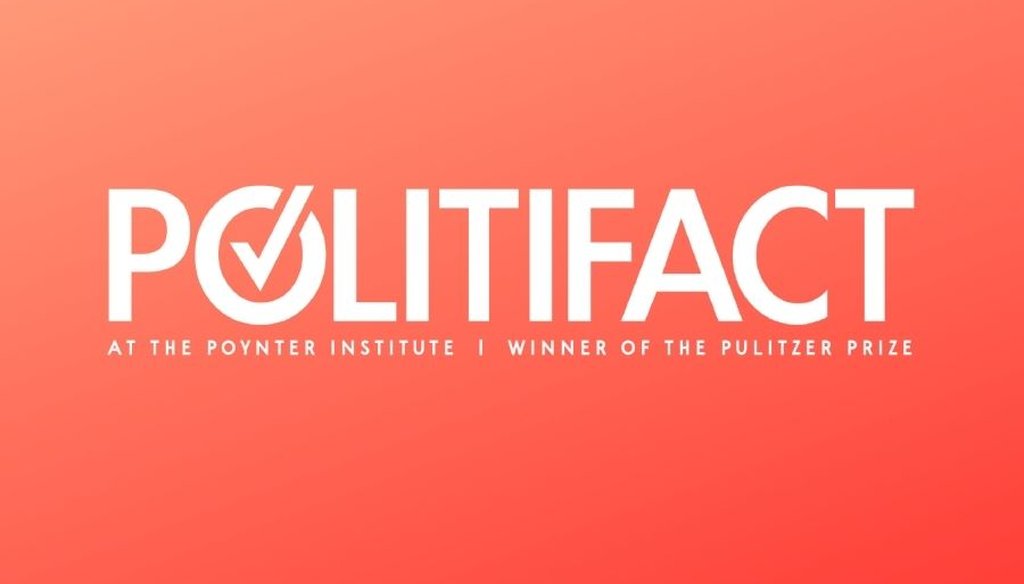Stand up for the facts!
Our only agenda is to publish the truth so you can be an informed participant in democracy.
We need your help.
I would like to contribute

Sen. Mitch McConnell sounds off on financial reform.
It's not every day that we find the leaders of both parties in the Senate staking out opposite stances on an issue yet both ending up largely incorrect. But that's the case with two items we checked concerning financial services regulation.
The statements -- by Senate Majority Leader Harry Reid, D-Nev., and Senate Minority Leader Mitch McConnell, R-Ky. -- both concern whether a bill now under consideration would encourage or stop "bailouts" of failing financial services firms. The debate is critical because voters hate bailouts. In fact, Republican pollster Frank Luntz advised opponents of regulation that "the single best way to kill any legislation is to link it to the Big Bank Bailout."
Reid, a supporter of the measure, said flatly that the bill "will end taxpayer bailouts." McConnell, by contrast, said that the bill "actually guarantees future bailouts of Wall Street banks" and said that it would be done at taxpayer expense.
We found that the truth resides somewhere between these opposing statements.
The bill intends to liquidate failing companies, rather than bail them out, and it would do so by establishing a pot of money made up of contributions from the financial industry itself. So McConnell's argument that the bill "guarantees future bailouts" doesn't hold up. We rated it False.
But Reid's claim that the bill will "end" bailouts is also problematic. While the bill does in fact do many things that experts believe will reduce the likelihood of future bailouts, it does not specifically ban them in the future. And sources familiar with the industry told us that the amount envisioned for the fund, $50 billion, may be too small to preclude future taxpayer bailouts if lawmakers and presidents are faced with a serious financial crisis. So we rated Reid's statement Barely True.
Our Sources
See individual items.




















































